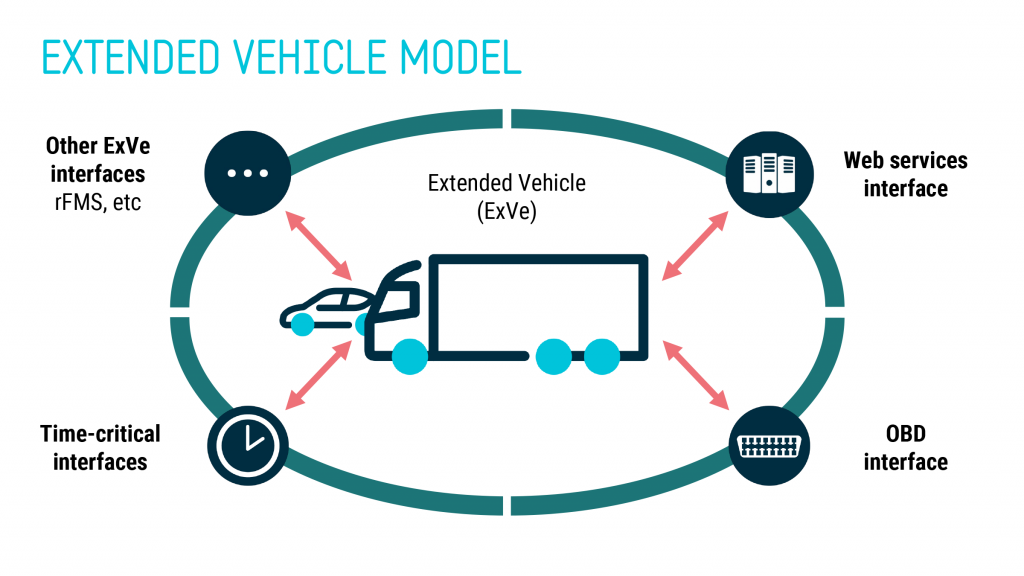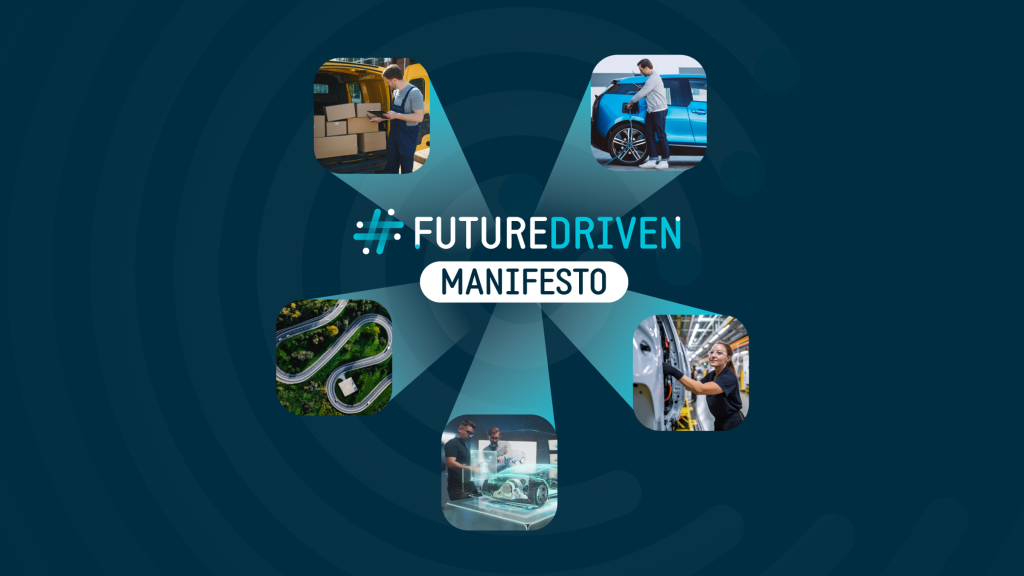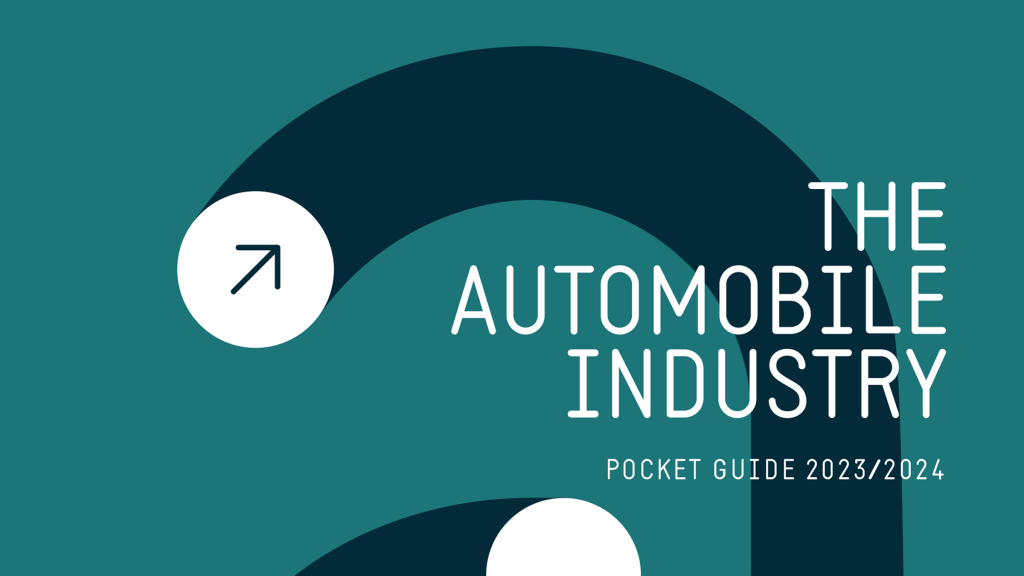Driving auto innovation: Data sharing, AI frameworks, and unified data space

Vehicle data sharing drives innovation, enhances safety, and fosters sustainability within the European automotive industry. Through our seven recommendations, the European Automobile Manufacturers’ Association (ACEA) is advocating for the effective implementation of the Data Act and the careful evaluation of its effects, the simplification of the regulatory framework, and the creation of a unified European Data Space.
ACEA’s recently published position paper also highlights the need for industry cooperation, standardisation, and the development of an industry-led framework for artificial intelligence (AI) data availability. These measures aim to support the digital transformation of the automotive sector, ensuring competitiveness and benefiting consumers, businesses, and society at large.
The European automotive industry is undergoing a digital transformation driven by connected and autonomous vehicles, with vehicle data sharing playing a crucial role throughout the transition. Vehicle manufacturers have implemented robust data-sharing models to ensure transparency, security, and compliance with privacy regulations.
Following the Commission’s adoption of the Industrial Action Plan for the European automotive industry – which highlighted the institutional commitment to supporting the industry’s digital transition – vehicle manufacturers have worked to develop this set of timely recommendations intended to leverage the current legal framework, foster regulatory coherence, and support our industry in achieving compliance.
There are over 20 existing EU regulations governing the sharing of data from connected vehicles. Central to this framework is the Data Act, a one-stop shop regulation that covers all connected products, including vehicles. This complex legal framework actively undermines the competitiveness of European manufacturers by increasing the administrative burden, directly creating more inefficiencies while causing higher compliance costs.
To better facilitate innovation while supporting both our industry and European consumers, efforts must be made to support implementation, provide reliable guidance, and ensure compliance with this legal framework.
“It’s essential for key legislation to be implemented correctly and in the most effective way possible, otherwise we will be limiting the success of the Data Act, and will fail in our efforts to create a unified European Data Space,” said ACEA’s Head of Digital Policy, Jocelyn Delatre, “but the data act is only the beginning of this effort. We need to simplify the framework for data sharing, optimise data usage and sharing, and create a framework that will allow us to leverage the full capabilities of Artificial Intelligence.”
Today, the lack of transparency regarding available access points makes it challenging for users to identify and access relevant data. To accelerate innovation and customer-focused solutions, ACEA advocates for the creation of a unified European Data Space to both facilitate efficient data sharing and bolster cooperation between market actors, which will optimise data usage and promote standardisation to boost interoperability.
In light of the increasing availability of AI, we firmly believe that the establishment of an industry-led framework, set through an agreement between data holders and data users with the support of the European Commission, is the key to strengthening the competitiveness and innovative capacity of the European industry by increasing and leveraging the availability of data for AI.
You can read ACEA’s full position paper on connected vehicle data sharing here: https://www.acea.auto/publication/position-paper-connected-vehicle-data-sharing/.
It’s essential for key legislation to be implemented correctly and in the most effective way possible, otherwise we will be limiting the success of the Data Act, and will fail in our efforts to create a unified European Data Space. But the data act is only the beginning of this effort. We need to simplify the framework for data sharing, optimise data usage and sharing, and create a framework that will allow us to leverage the full capabilities of Artificial Intelligence.


